Rhyming Words for Kids
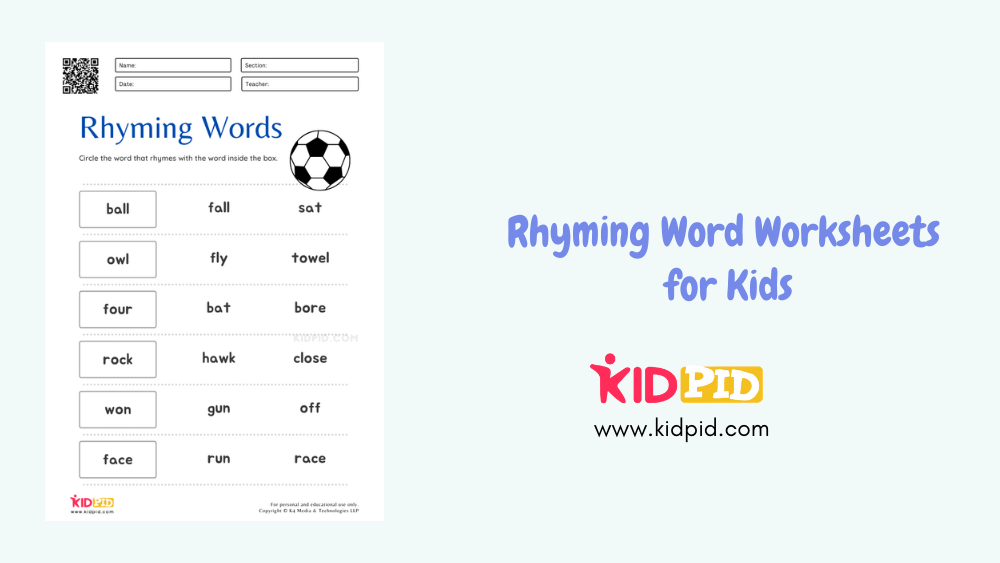
Learning to rhyme is an important early literacy skill that can help children with reading and writing. Rhyming words are words that sound the same at the end, such as “cat” and “hat”. It’s a great way for kids to develop language and phonological awareness, which is the ability to identify and manipulate the sounds of language.
Rhyming can help children with reading comprehension and spelling, as well as provide them with a fun way to practice their language skills. Parents can help their kids learn to rhyme by introducing them to rhyming words and encouraging them to find rhymes in everyday life.
Rhyming words are a great way for kids to develop their language and literacy skills. Parents can help their kids learn to rhyme by introducing them to rhyming words and encouraging them to find rhymes in everyday life. With the right tools and activities, kids can have fun while learning and developing their language skills.
Now, we all know teaching children new words is important to expand their vocabulary and help them become efficient readers. Reading and learning is the building block of education and therefore it is crucial to provide children with the right tools. But, you might think why is rhyming so important?
Rhyming is imperative to emergent literacy as it helps children learn bout the language to a greater depth. Words in the English language have different pronunciations even if they start with the same letter and have a similar composition of letters. Rhyming is such a tool that helps children grasp this concept and thereby allows them to easily pronounce new and unfamiliar words.
Rhyming helps children notice and work with the sounds in the language which promotes proficient reading and writing. It also provides knowledge about the structures and patterns of both written and spoken language. Through rhyming, children can learn about word families and improve their vocabulary. So, the benefits of learning and practicing rhyming words are endless.
Contents
How to Introduce Rhyming Words to Kids?
One way parents can introduce rhyming words to kids is by using books that focus on rhyming words and sounds. These books often feature catchy rhymes and fun illustrations that can help kids learn to recognize and remember different rhymes.
Parents can also teach their kids to find rhymes in everyday life. For instance, they can point out rhymes in songs, nursery rhymes, and their own conversations. Kids can also create their own rhymes by writing or speaking simple sentences that use words that end with the same sound.
Parents can also use word games to help children practice their rhyming skills. For example, they can play a game where they take turns saying words that rhyme with a given word. Or, they can play a game where they have to create a poem or story using rhyming words.
Worksheets also can help kids to learn and practice rhyming words. Let’s have a look at this set of worksheets.
Rhyming Word Worksheets for Kids
This is the first worksheet of the rhyming words exercise. The instructions to solve these worksheets are very simple – read the first given word and circle the rhyming word from the options given.
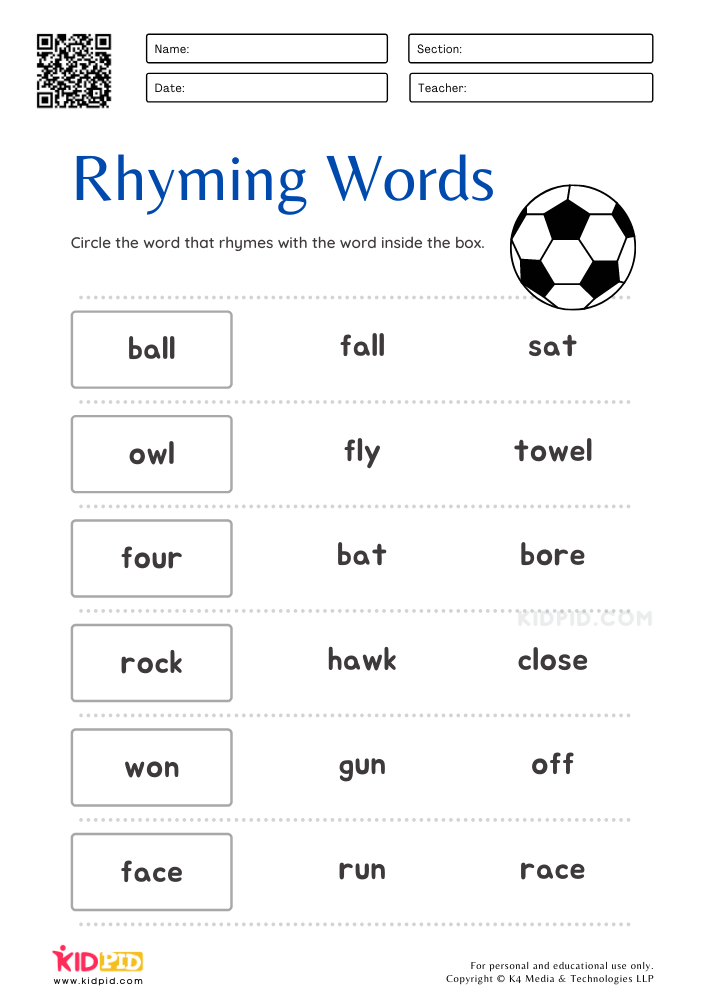
It is important to sound out each word in order to find out the correct rhyming word.
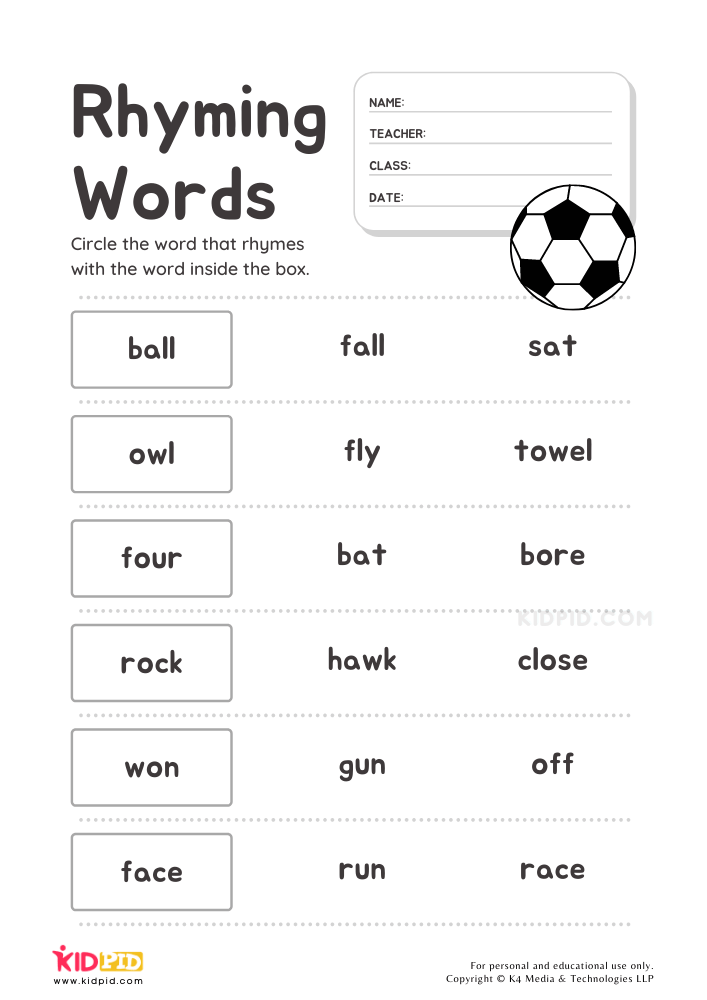
If the pronunciation of any of the words is incorrect, it will become impossible to find the rhyming word for it. So make sure children pronounce all the words correctly in order to determine the corresponding rhyming word.
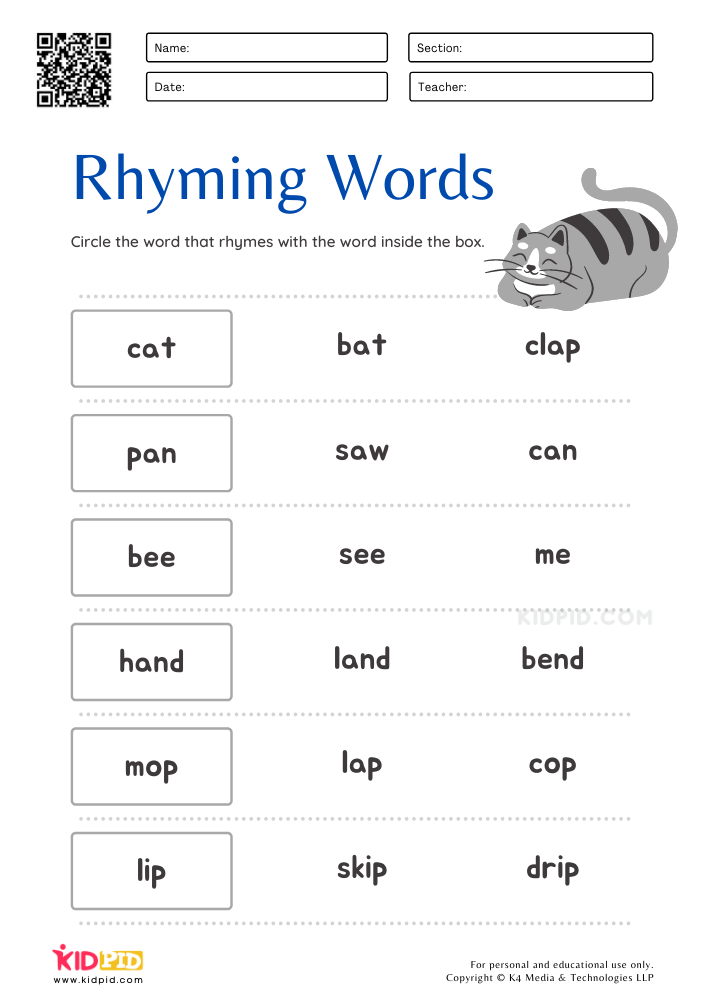
Most of the words are small made up of five letters on average. This is the perfect level of difficulty for young children who are still new to the concept of reading and writing words.
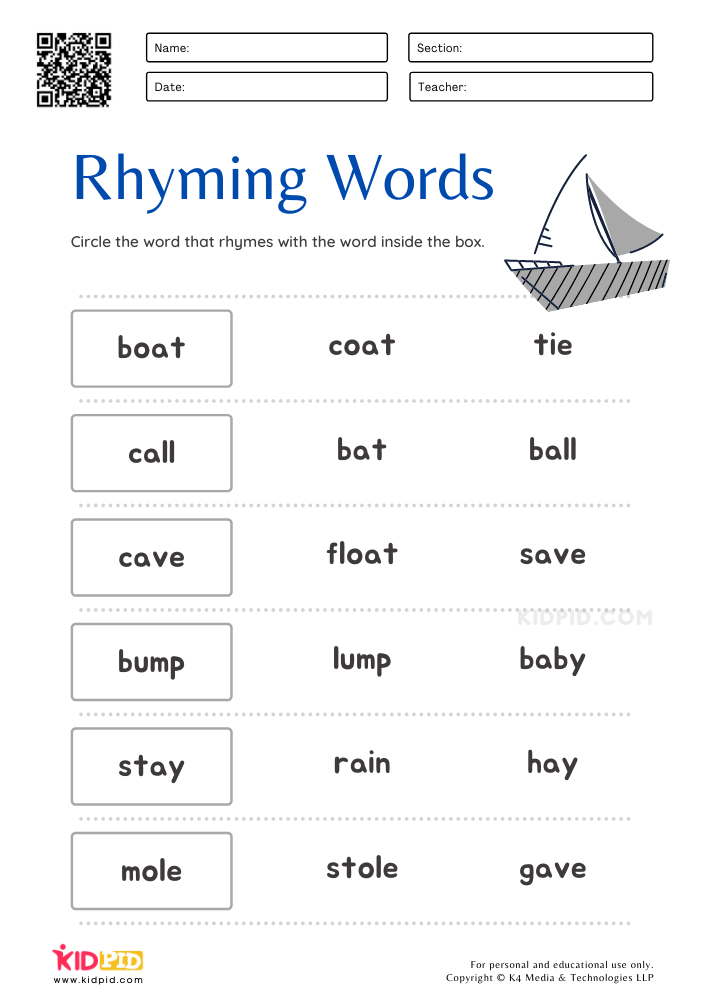
Rhyming introduces children to the rhythm of language. This motivates children to read with animation and helps break the monotony.
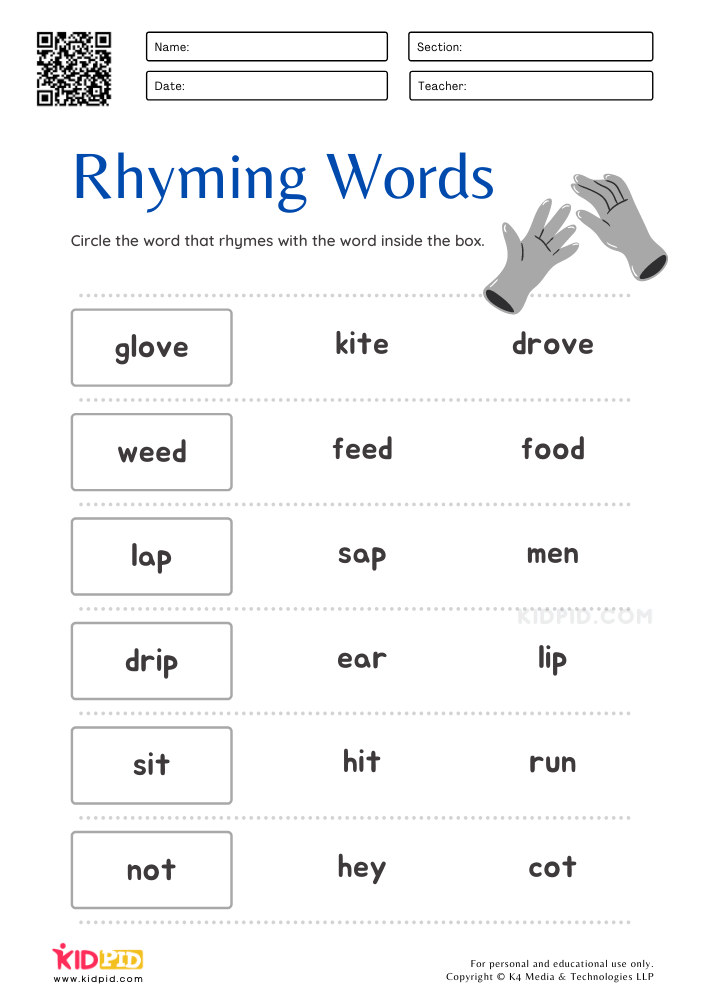
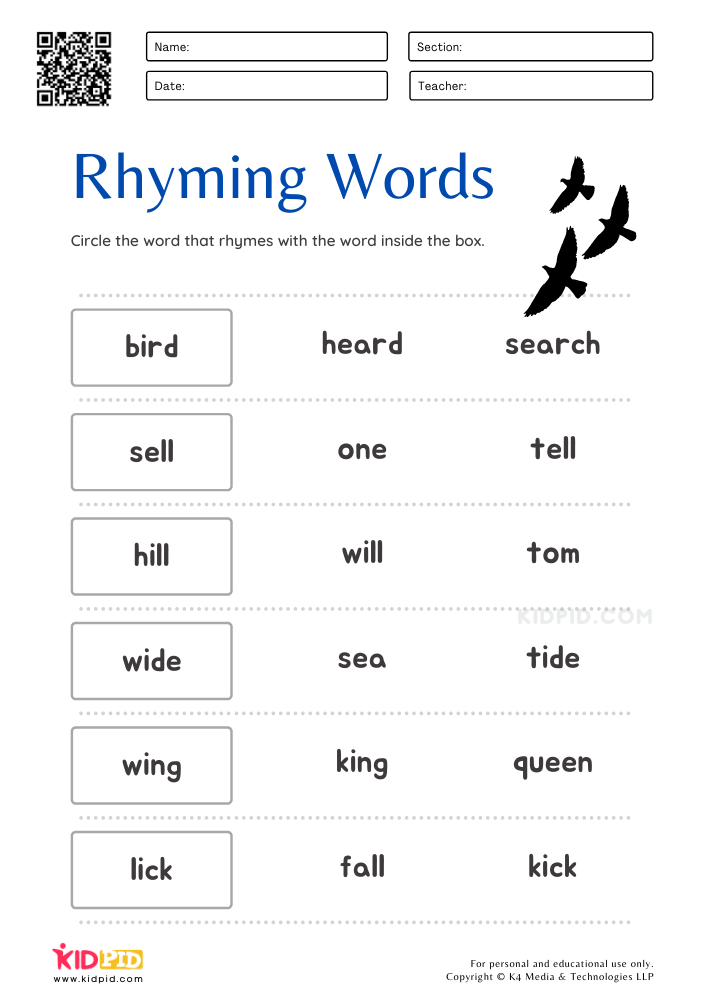
While the option for the rhyming word is given in the worksheet, you can push young learners to come up with more words that rhyme with it. This activity will help boost their self-confidence and keep them motivated.
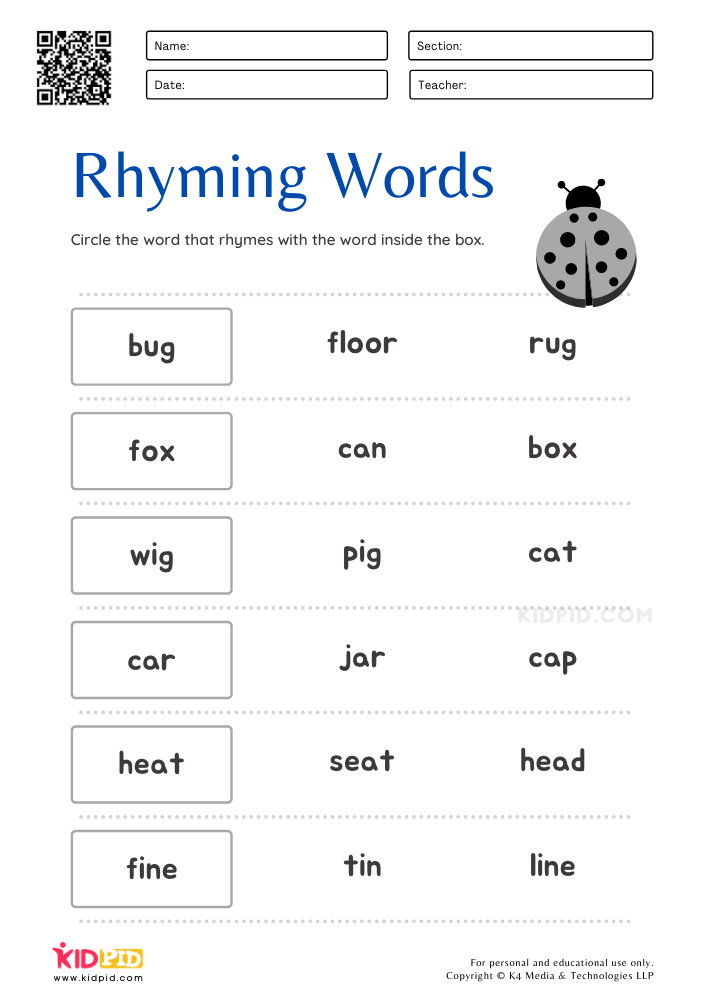
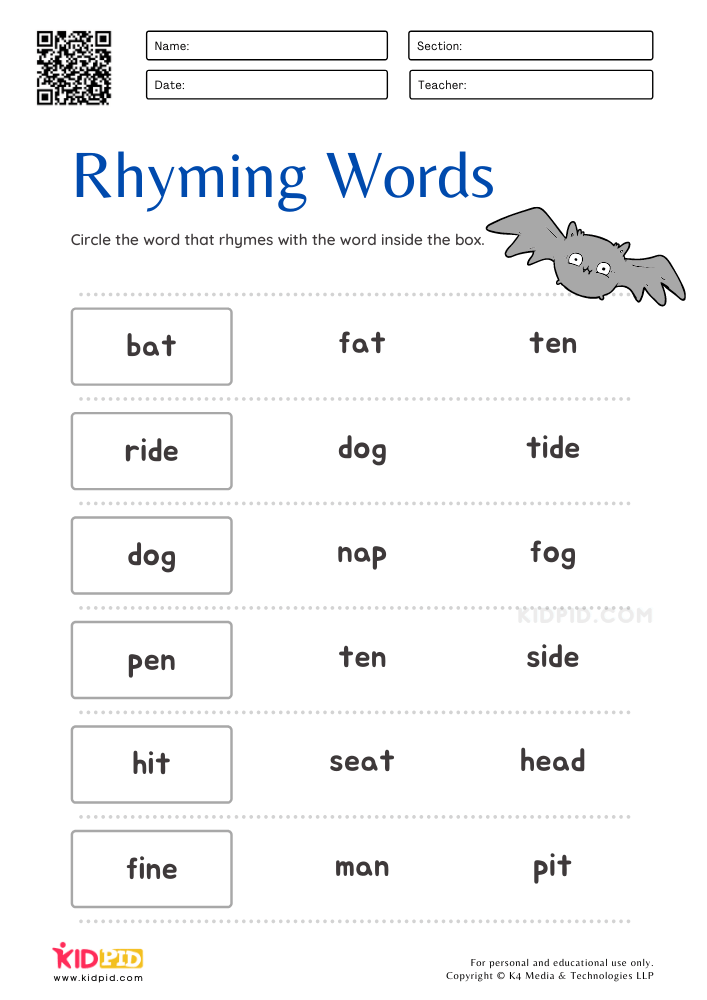
One enormous benefit of rhyming is that it allows children to predict words while learning and helps them develop essential decoding skills.
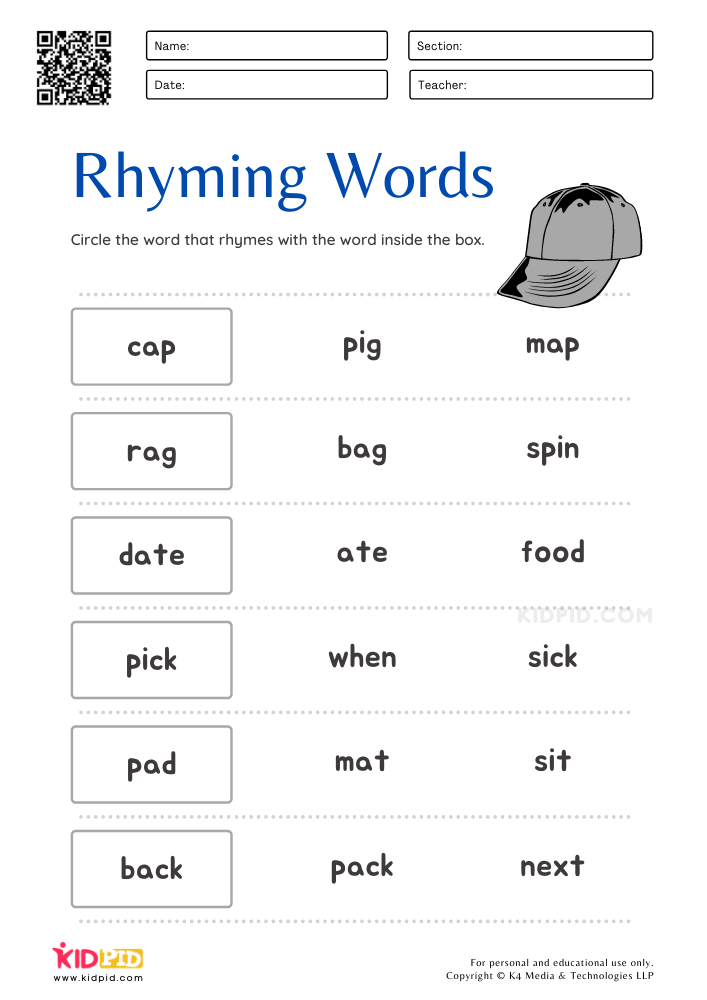
While most of these words are common and familiar, some are not and this provides children with the opportunity to learn new words as well.
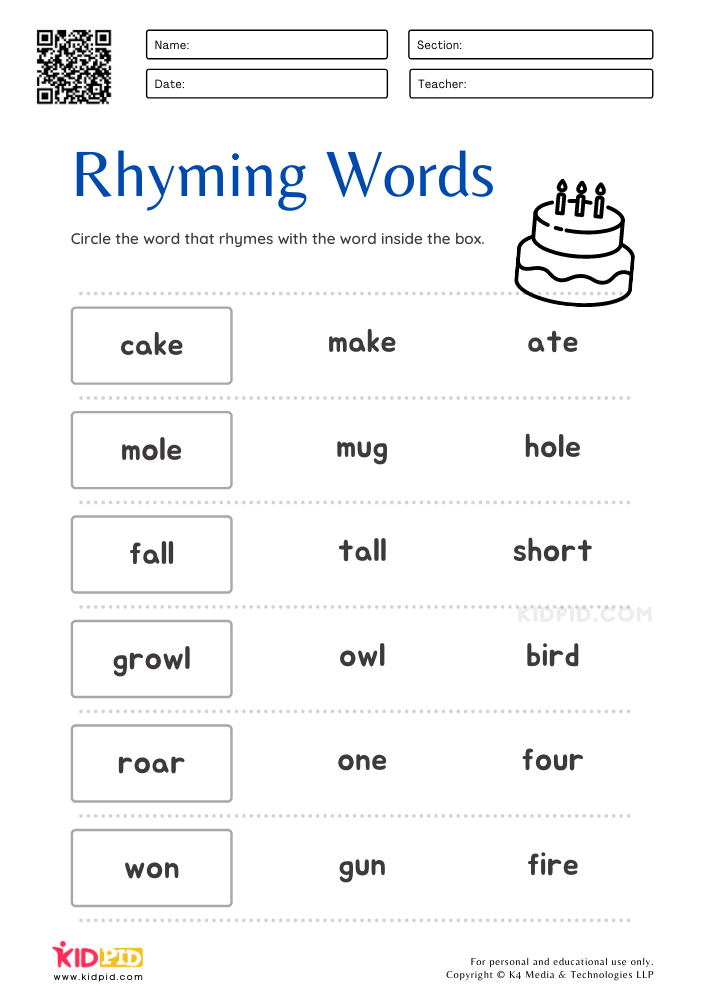
While practising rhyming words it is important to understand what qualifies as a rhyme. Words rhyme when the ends of the words sound the same – it is the repetition of similar sounds in two to more words.
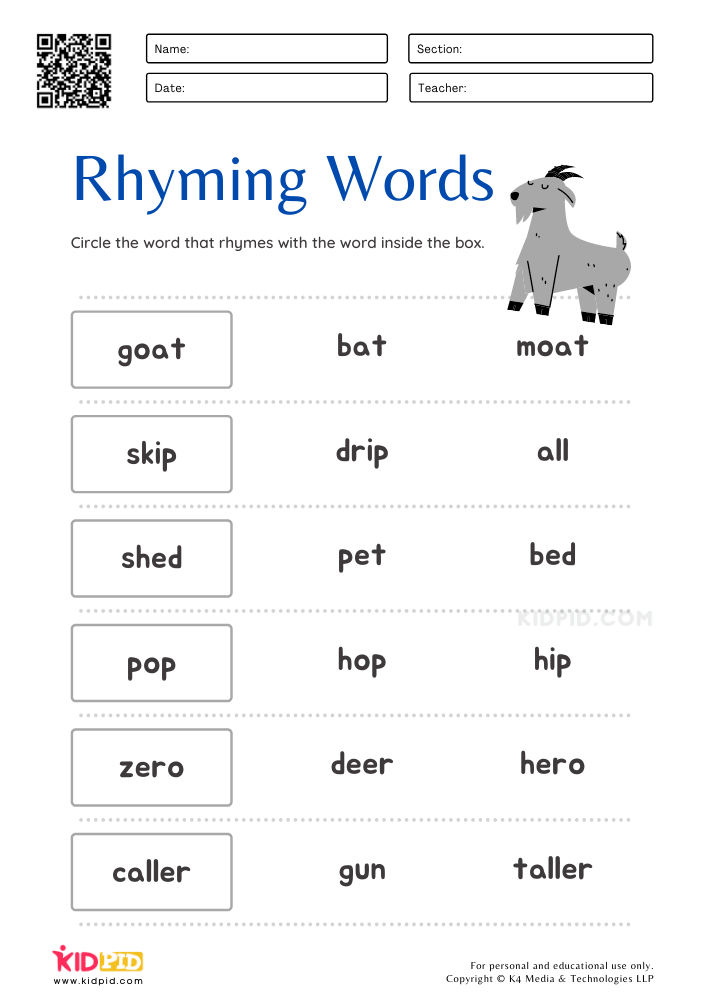 Worksheets are a great way to learn rhyming words because they show children the spellings which allows them to clearly understand the correlation between the sound and the pronunciation of the words and why they are classified as rhyming words.
Worksheets are a great way to learn rhyming words because they show children the spellings which allows them to clearly understand the correlation between the sound and the pronunciation of the words and why they are classified as rhyming words.
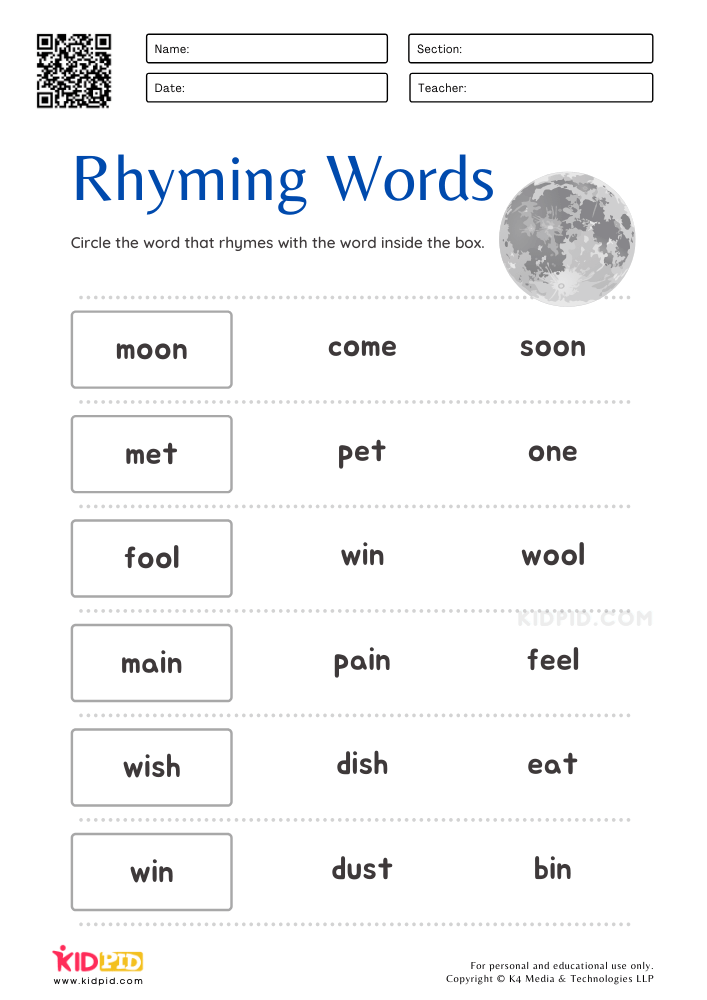
Words such as ‘bridge’ and ‘skate’ are unique as it is difficult to rhyme words with them. Encourage children to try to find out more words, beyond the ones that are given, that rhyme with them.
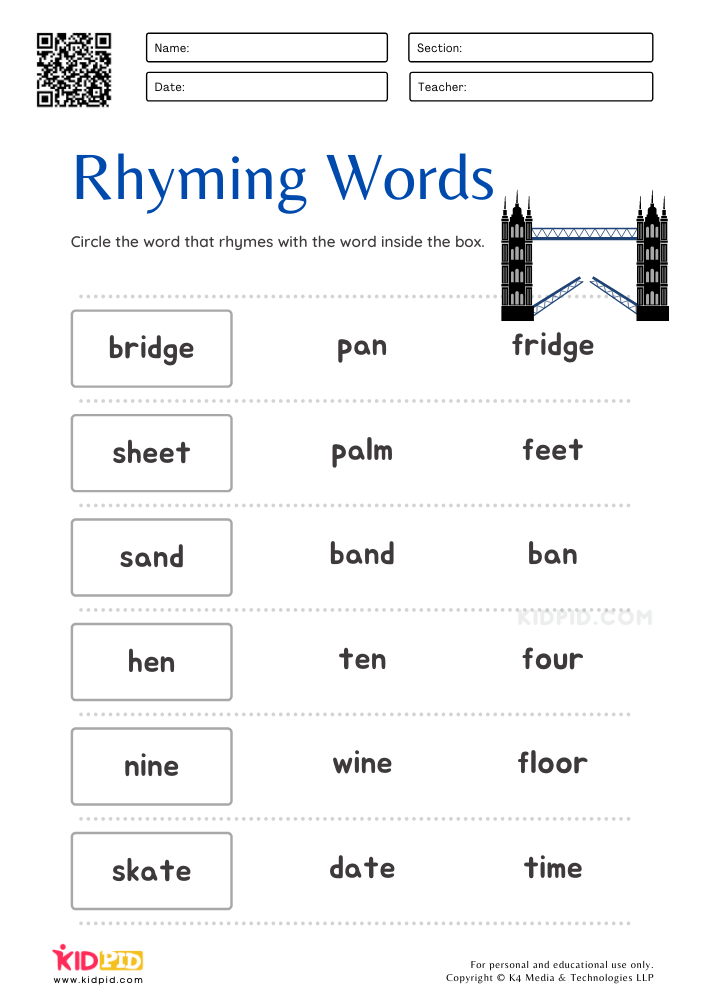
As we can see, a broad list of rhyming pairs has been provided in these worksheets. Ask children to come up with a list of rhyming word pairs on their own.
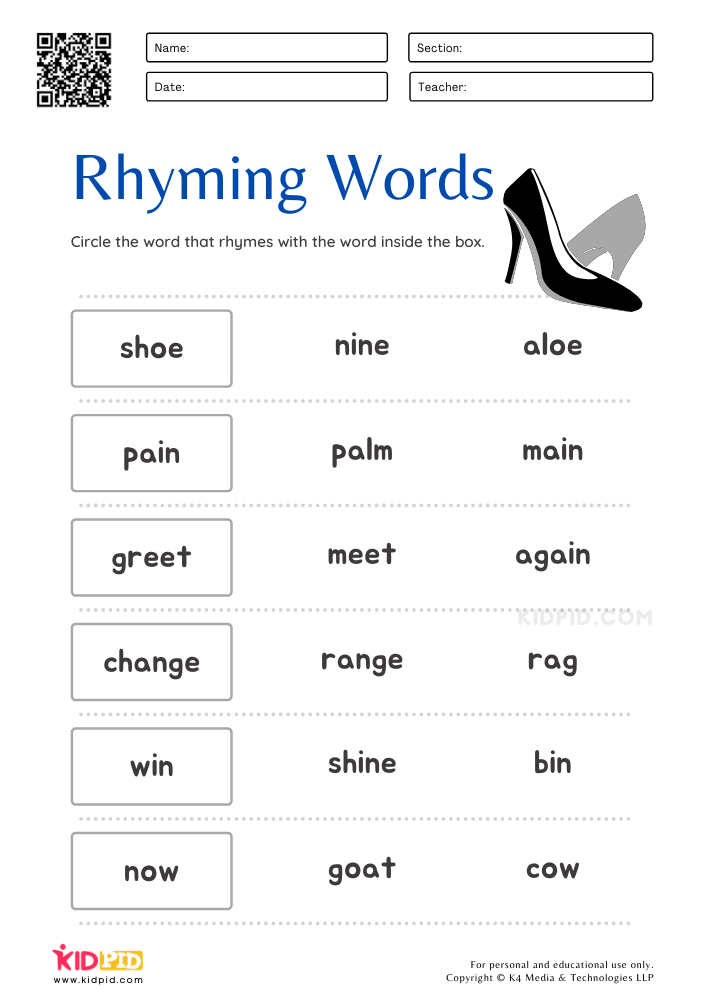
Children can get lost in the activity of rhyming words and start making up meaningless words just for the sake of the activity. So, make sure your child is focused and understands the meaning of the word as well during the rhyming activity.
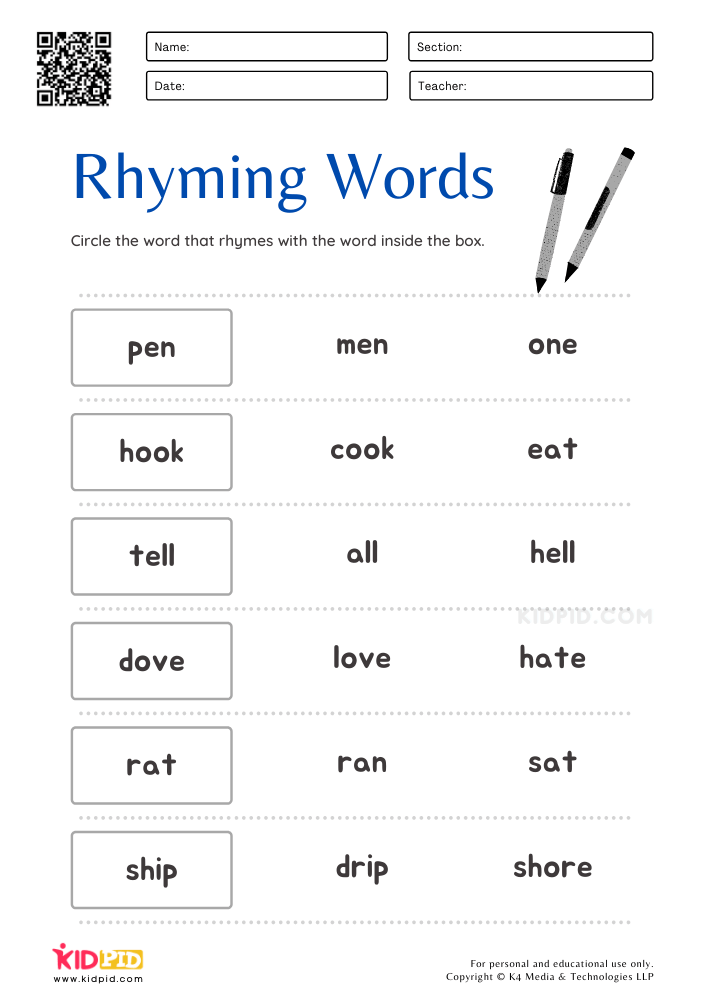
The correct rhyming word is not always obvious and so make sure your child is sounding the words out loud in order to understand the correct way to pronounce the word as well as determine its correct rhyming companion.
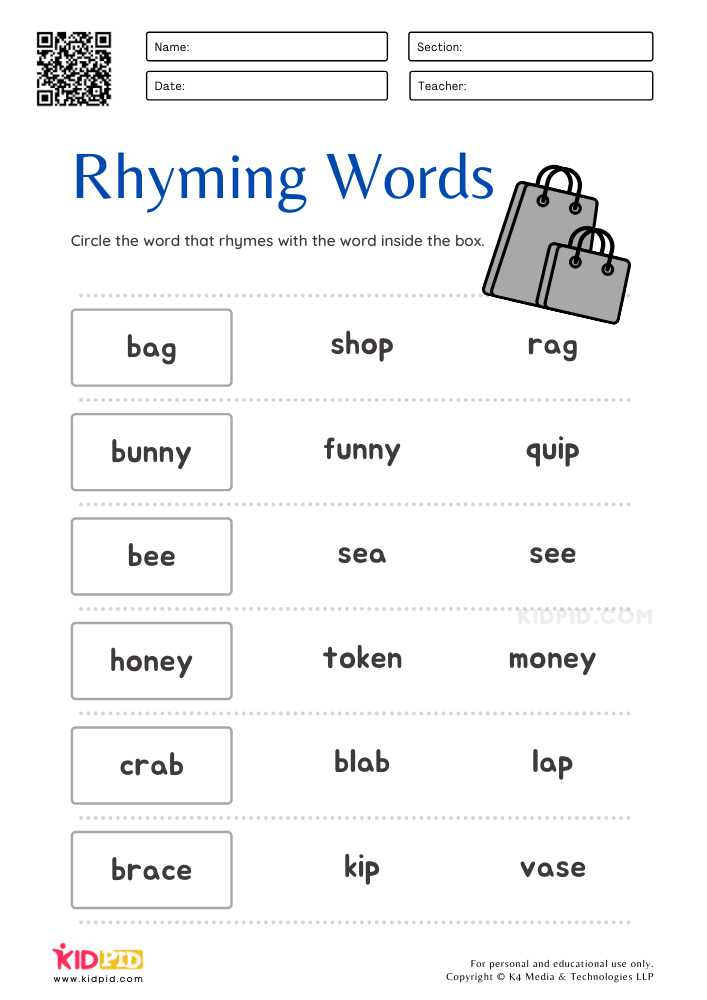
Give your child a worksheet a day to keep help them get a good grip of the concept of rhyming words. You can then move onto nursery rhymes and other texts to help children apply their knowledge and skills. Regular and focused practice is the best way to learn something and what better way to learn than through interactive worksheets? So, download your worksheets and get started today with KidPid!
List of Rhyming Words for Kids
• Cat/Hat
• Dog/Frog
• Sun/Fun
• Chair/Bear
• Book/Look
• Moon/June
• King/Swing
• Bee/Tree
• Sky/High
• House/Mouse
• Girl/Pearl
• Fish/Wish
• Bee/Sea
• Train/Plane
• Door/Floor
• Bird/Word
• Jump/Bump
• Park/Dark
• Star/Car
• Hand/Sand
• Moon/Loon
• Pen/Ten
• Coke/Smoke
• Cube/Tube
• Wheel/Peel
• Boat/Goat
• Bed/Red
• School/Cool
• Coat/Goat
• Rain/Pain
• Rock/Clock
• Cone/Bone
• Duck/Truck
.



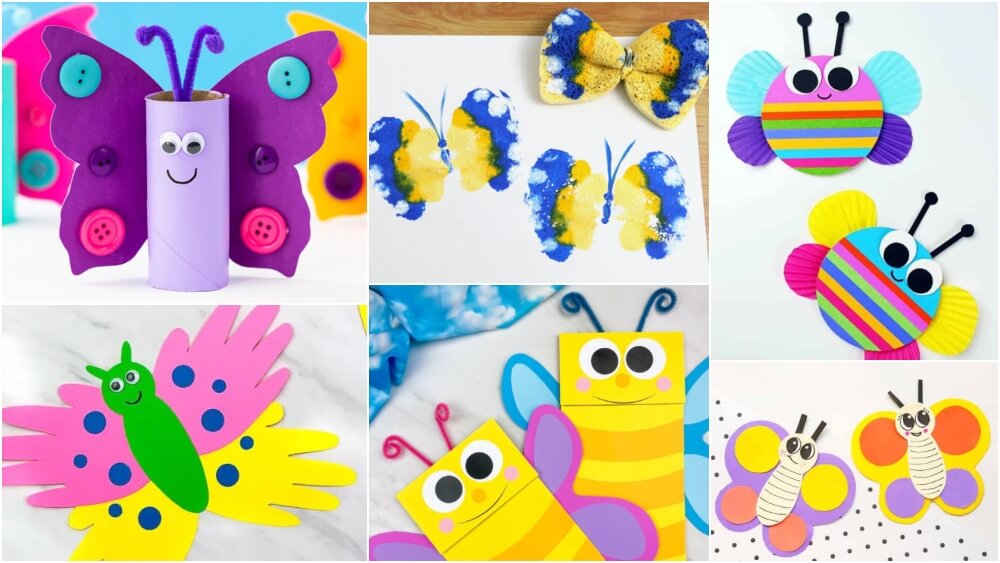
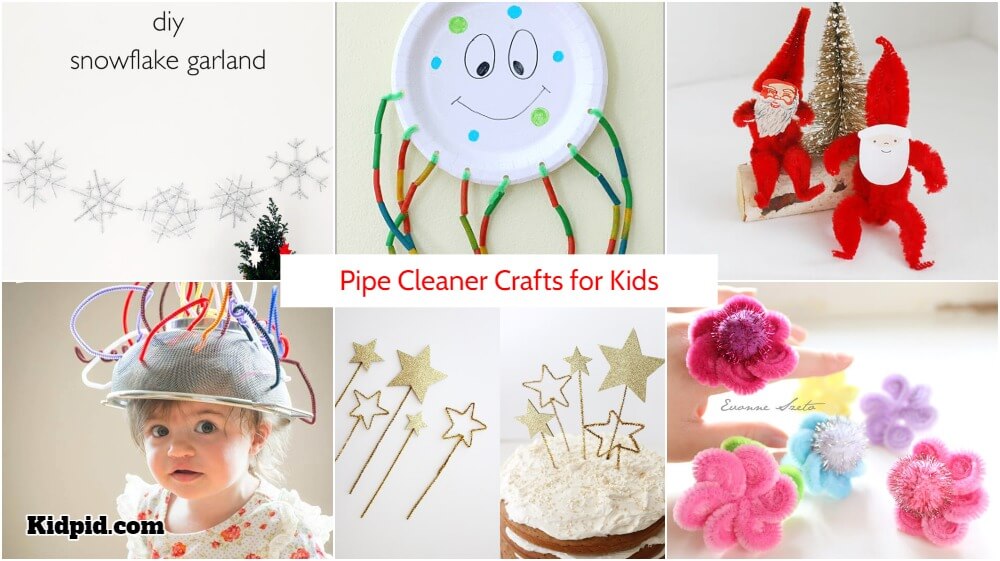
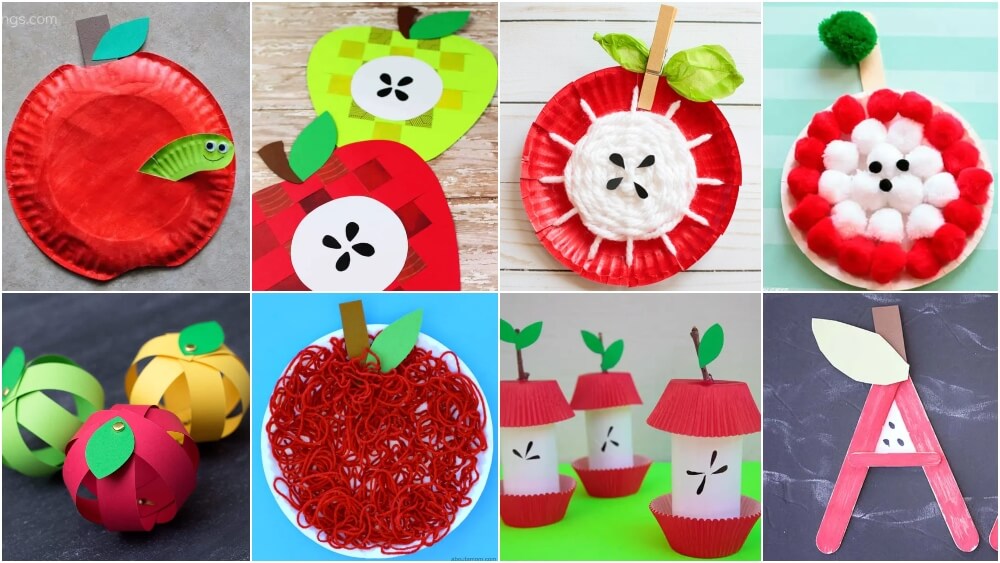
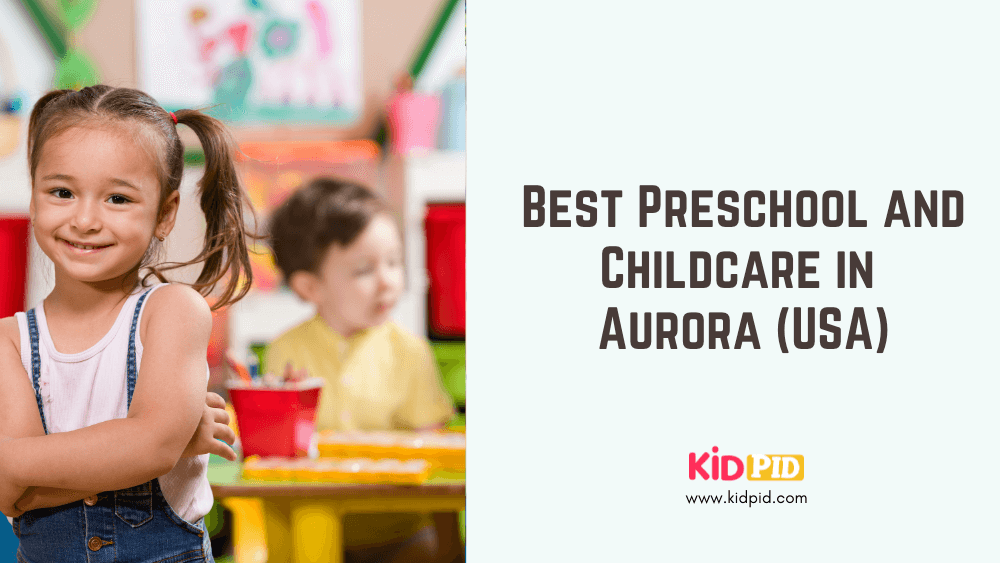
Responses